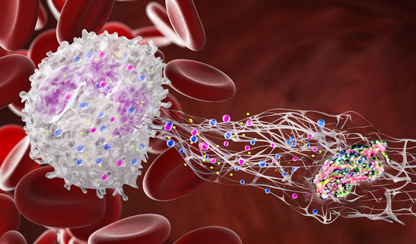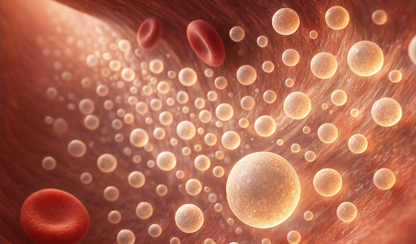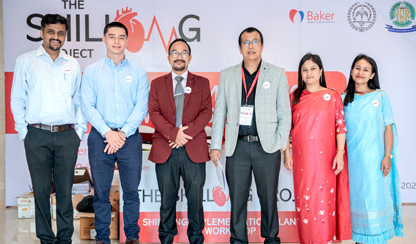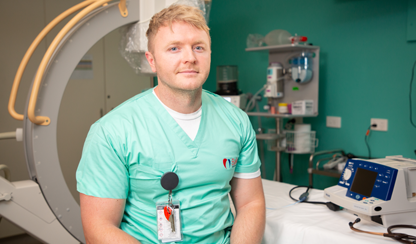30 November 2020
Media release
Study seeks family and friends of people with heart disease to map heart risk profile
One thousand family and friends of Victorians with heart disease are needed to trial if using a personalised heart risk profile as unique as a fingerprint can help prevent deaths from the world’s biggest killer.
The Baker Heart and Diabetes Institute trial will focus on early detection of coronary artery disease through polygenic and metabolic risk scoring, paving the way for individuals to take preventive action or treatment years before disease strikes.
Baker Institute Director Professor Tom Marwick, a cardiologist and lead investigator on the trial, said coronary artery disease continually ranked as Australia’s number one cause of death, but this needn’t be accepted as the status quo.
“Tragic events like heart attacks and strokes are preventable. Yet the reality is our ability to identify those people at risk is nowhere near as good as it needs to be,” he said.
“Right now we are working with relatively blunt predictive instruments, things like blood pressure, cholesterol levels, body mass index and family history. They are not quite granular enough to help us paint a precise individual picture.
“This results in many people being prescribed preventative therapies who don’t need them, and many more who would benefit missing out. In fact, an increasing number of people presenting with heart attacks – more than a quarter – have no traditional risk factors.”
Evidence is growing for the use of a CT scan to check for calcium build-up in coronary arteries as a more precise way of assessing an individual’s disease risk before symptoms occur, but the procedure is costly.
“Even if you accept that a CT is best the thing to do, it’s not practical to scan everyone. We need a simple way to understand who to target, and that is the aim of our new trial,” Professor Marwick said.
Following a simple blood test, the trial will give each participant a polygenic risk score, a novel way of measuring genetic predisposition to coronary artery disease independent of other known risk factors, developed by the Baker Institute’s Systems Genomics laboratory.
Those this test identifies as most genetically at-risk of coronary artery disease will then receive a CT scan to detect any calcium build-up. Data from the trial will also be used to develop an individual metabolic risk score, based on each participant’s lipid profile (fats in the blood) providing a first-of-it-kind bio-chemical marker to measure disease risk.
“By looking closely at each of these novel indicators of disease in combination, we can develop a personalised heart risk profile for each participant as unique as their fingerprint,” Professor Marwick said.
“Our trial will then test how using the information in these unique heart risk profiles can help us better communicate with patients about their disease risk, and then effectively engage them in proactive interventions to prevent the onset of heart disease.”
It’s hoped 1000 people aged 40 to 70 will be tested and receive a unique heart risk profile over the course of the trial, both through the Baker Institute’s facilities at the Alfred hospital, as well as its new clinical research hub at Heartwest in Hoppers Crossing.
“By engaging the friends and families of people with heart disease, we’ll be working with a group who have a vested interest in finding new and better ways to beat our most deadly disease,” Professor Marwick said.
For further information or to organise interviews please contact:
Tracey Ellis
T: 03 8532 1514
M: 0433 781 972
E: tracey.ellis@baker.edu.au





